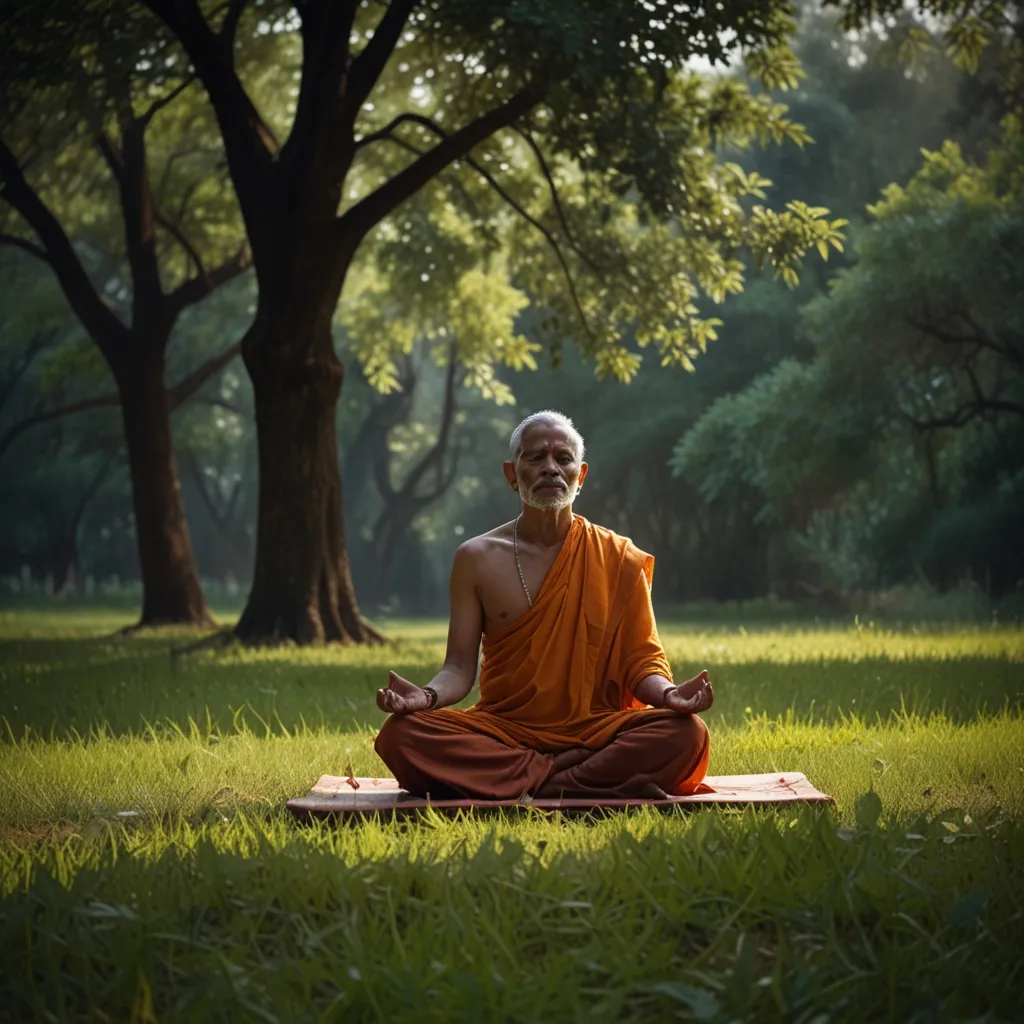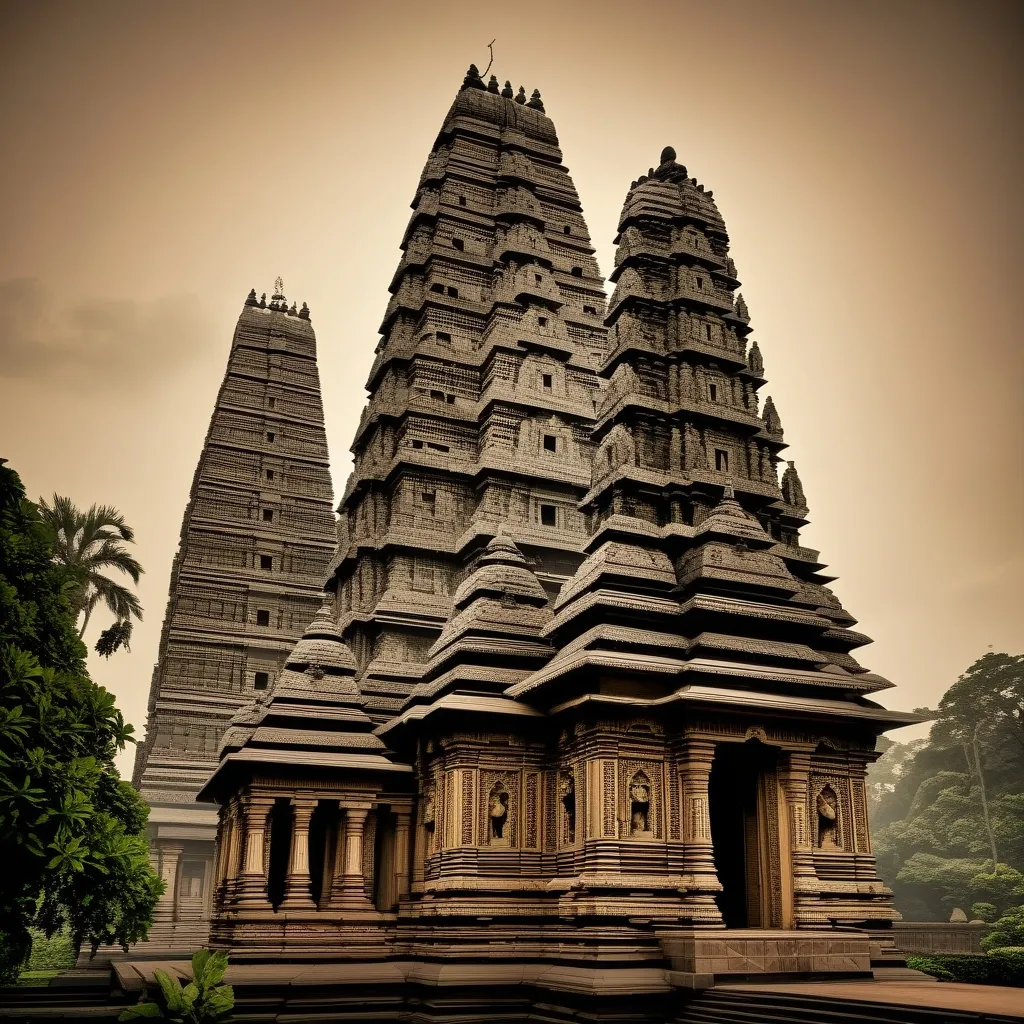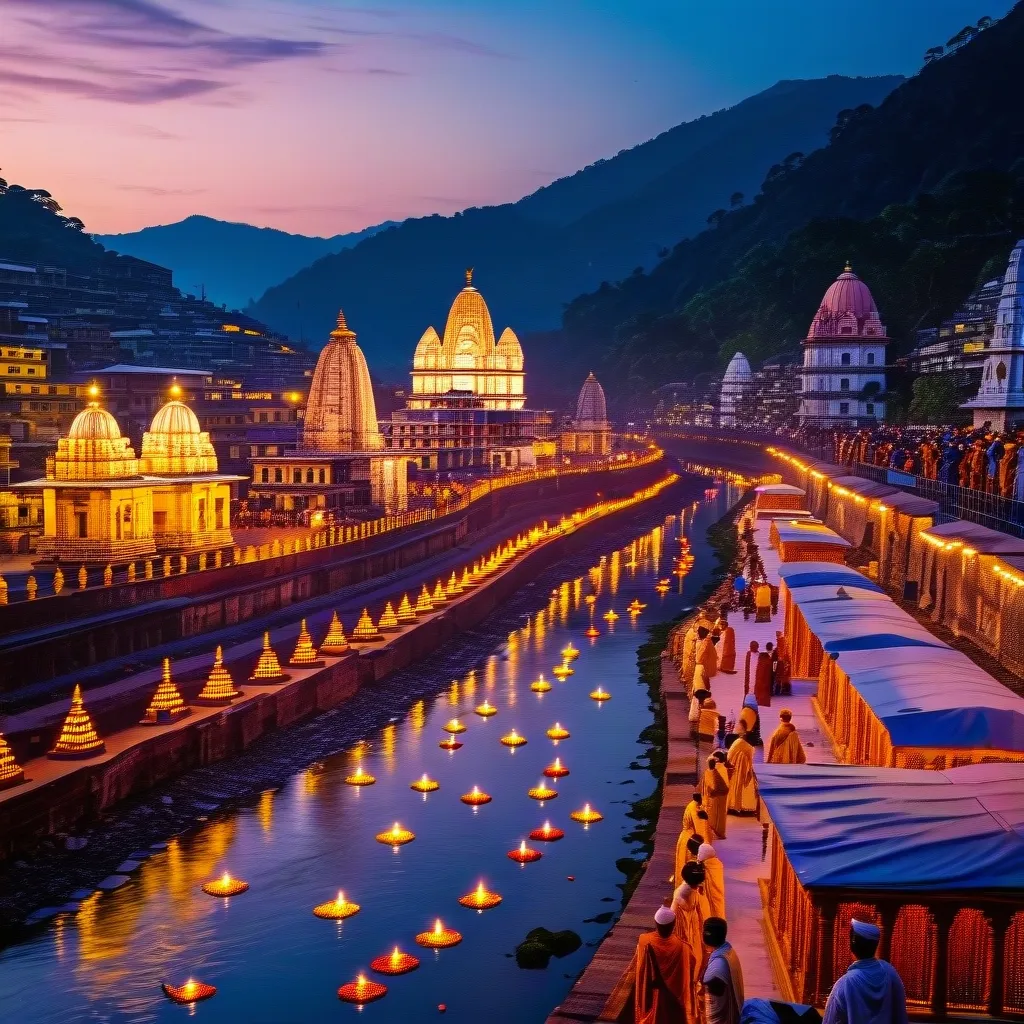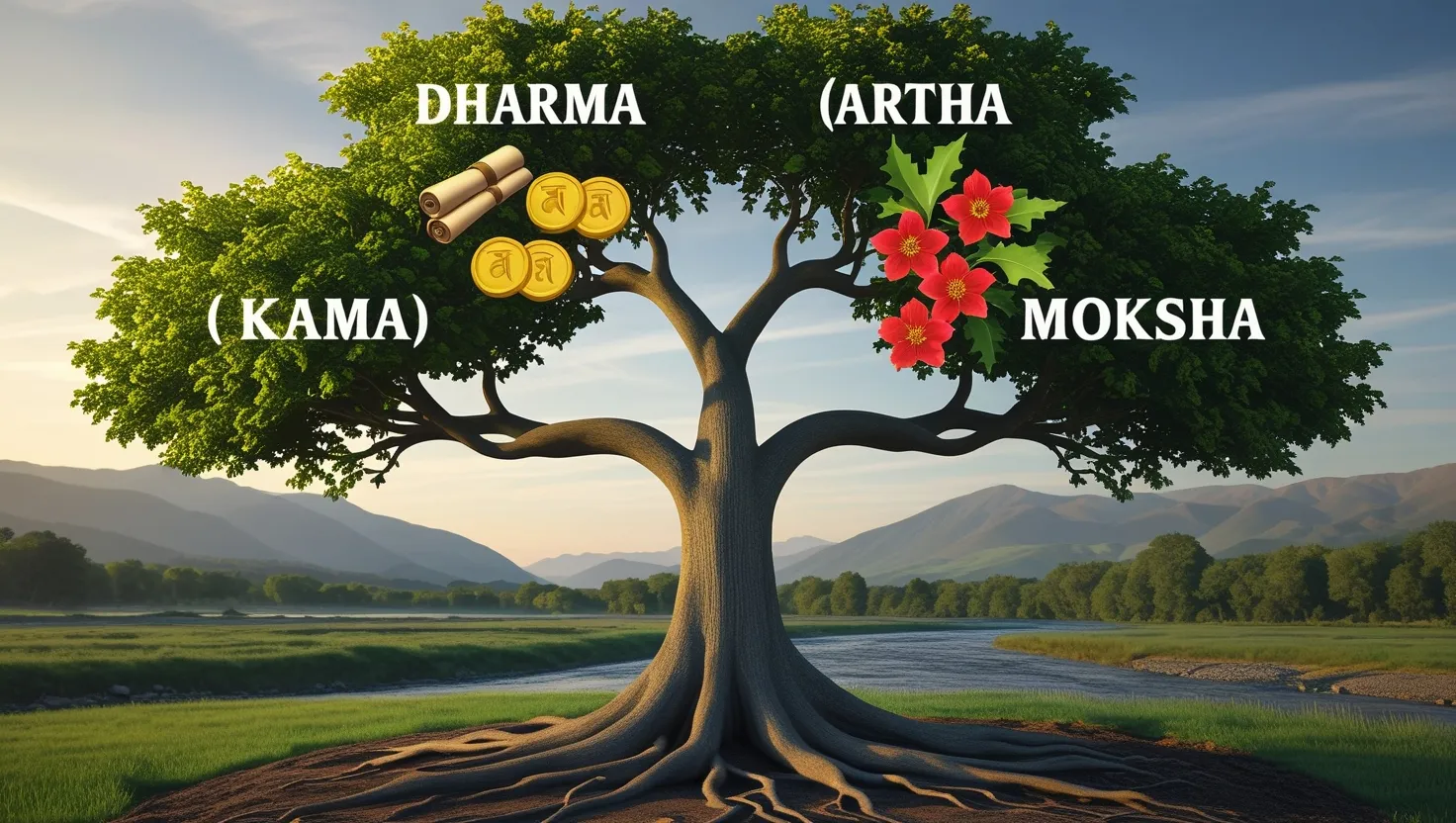Silence has always been a big thing in Hinduism, going back centuries. Known as “mauna,” it’s tied to finding inner peace and understanding yourself better. While it’s essential in Hinduism, many other religions like Christianity, Islam, and Taoism also value silence. But in Hindu traditions, it’s almost like a sacred tool to get closer to the divine and grow spiritually.
In Hinduism, silence isn’t just about not making noise. It’s about creating a space where you can really look inward and get to know yourself. It’s like hitting the mute button on life’s distractions so you can focus on what’s going on inside. lots of yogis and spiritual folks use silence to find that deep inner peace and the wisdom that comes with it. They believe true happiness and fulfillment come from this inner connection.
One big part of silence in Hinduism is how it fits into meditation and mindfulness. “Maun vrat,” which means observing silence, can sometimes be as impactful as meditation. You don’t have to sit in a specific position or keep your eyes closed, making it super flexible. It’s like going to the gym to build physical muscles, except this practice builds your introspective ‘muscles’. Starting small is usually the best way, especially if someone has had a rough past or finds the idea challenging.
Silence can also make us feel more in tune with nature. In our noisy, fast-paced world filled with traffic, phones, and endless chatter, silence can be a much-needed break. It’s a way to escape the constant stimulus and find comfort in nature’s stillness. A solitary walk in a meadow or a forest can be incredibly soothing.
Silence isn’t just a solo act; it can be communal too. Think of temples and mosques where silence is maintained to keep the vibe sacred. This kind of shared silence brings people together, transcending different doctrines and beliefs. It’s like a collective pause to feel closer to something greater than ourselves.
Silence has its social perks too. It can show respect, attention, or thoughtfulness towards others. It can make moments feel more intimate and add emotional weight to our words. But it’s a double-edged sword. Silence can also signal discomfort or awkwardness in a conversation or indicate something is wrong.
In today’s noisy world, where we’re constantly bombarded with information, practicing silence is more important than ever. It helps us slow down and reconnect with ourselves. While it might be tough to find silence amidst our daily hustle, even small doses can be super beneficial. Whether it’s through meditation, spending time in nature, or just taking a few quiet moments each day, silence can be a powerful tool for spiritual growth and inner peace.
In simple terms, silence in Hinduism is like a key that unlocks self-discovery, peace, and spiritual development. It helps you get closer to the divine, escape life’s chaos, and find comfort in nature’s quiet. Whether practiced alone or in a group, silence remains a crucial part of Hindu spiritual life.






